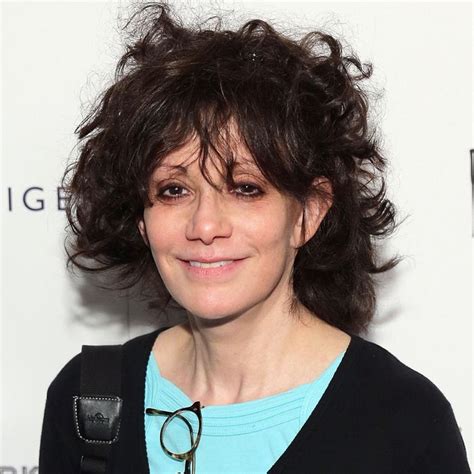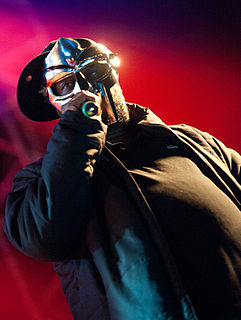A Quote by Ben Schott
I have always loved the fluidity of language - delighting in dialects, dictionaries, slang and neologisms.
Related Quotes
I found cause to wonder upon what ground the English accuse Americans of corrupting the language by introducing slang words. I think I heard more and more different kinds of slang during my few weeks' stay in London than in my whole "tenderloin" life in New York. But I suppose the English feel that the language is theirs, and that they may do with it as they please without at the same time allowing that privilege to others.
Language is so specific to art, all the way to the past in China. Previously, people were not allowed to include various regional dialects in their films, but in every film that I've made, I've maintained the regional dialects of the characters because I wanted to make films that were locally specific.




































